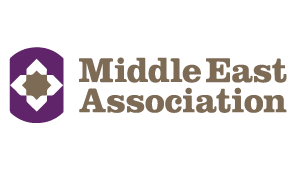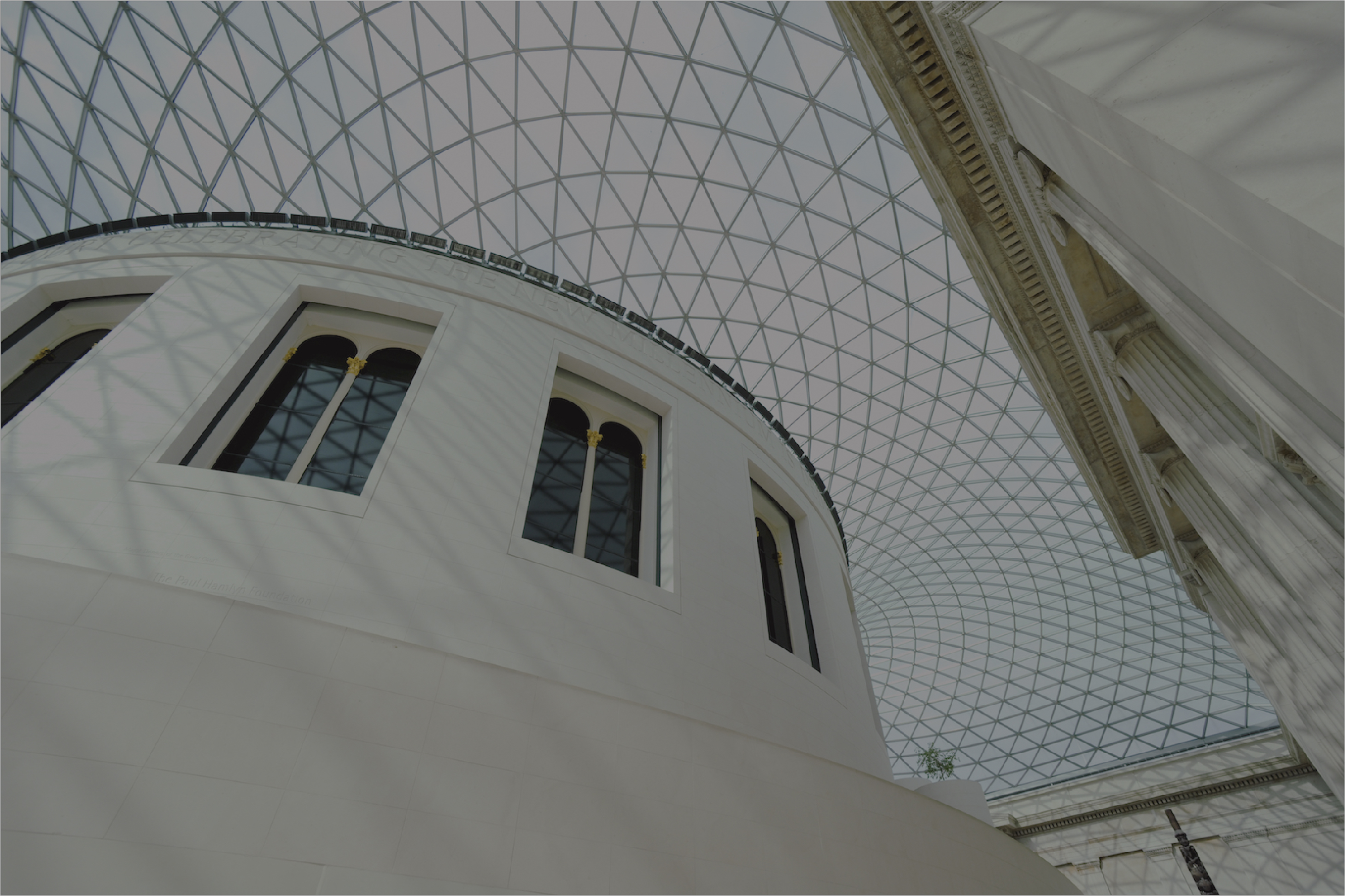Together with its reputation for cultural neutrality and good relations in the region, Bahrain provides a neutral platform for business, enabling companies to serve other markets in the Middle East with great ease, making it the gateway to the Gulf. Bahrain has the shortest travel time between its seaport, airport and the logistics processing zone of anywhere in the Gulf, enabling more efficient and faster processing of trade goods.
Key areas of opportunity include:
- Financial and professional services
- Transport & infrastructure
- Construction
- Education and training
- Life sciences
- Downstream manufacturing (from metals to petrochemicals)
Strengths of the market
- The operational costs are amongst the most competitive in the region
- Bahrain is strategically located in the Northern Gulf with good communication links into Saudi Arabia and beyond
- Bahrain is recognised as having strong & effective regulation in Financial Services & other sectors
- Bahrain has the most educated and skilled workforce in the Gulf
- Bahrain was ranked the most open and liberal business environment in the Middle East, and 12th in the world (Source: Index of Economic Freedom,2012 )
- Bahrain has the longest track record in business in the region and provides significant support to foreign investors
- Bahrain has ranked highly for quality of life for expatriates
What are the Challenges?
Is an open business friendly country, there are no major challenges to doing business in Bahrain. Bankruptcy insolvency laws provide a better environment for creditors in Bahrain than in other parts of the MENA Region.
Market entry
Your first port of call in setting up a business/office in Bahrain would be a visit to the Bahrain Investor’s Centre which is a vital part of the Ministry of Commerce. The One Stop Shop “Bahrain Investor’s Centre” has been established to facilitate the setting up of business in Bahrain through a seamless process. They are here to facilitate the entire process, from the submission of the initial application to the commencement of business. The back office will guide you to relevant external entities such as the Ministry of Labour & Ministry of Interior who will be able to advice on requirements for residency for expatriates. www.moic2.gov.bh
It is not obligatory to have an agent in order to sell products in Bahrain. However, companies sometimes prefer to establish a new business with the help of a carefully chosen Bahraini partner or advisor, who is able to keep in contact with customers, seek new business and provide information on the latest market trends. All goods imported into or exported from Bahrain must comply with certain requirements. Anyone wishing to import goods into Bahrain for sale or consumption must obtain a general license from the Customs & Port Directorate of the Ministry of Finance & National Economy. Importers are requested to complete the customs declaration and to present it together with certain documents; further details can be found on: www.bahraincustoms.gov.bh
Key areas for business
The Bahrain International Investment Park (BIIP) is a new, quality, 247 Hectare Business Park developed in Bahrain by the Ministry of Industry and Commerce. The Park is situated in a superb location with excellent connectivity and access. Bahrain International Airport and the new Shaikh Khalifa Port in Hidd are both just 5 minutes away by road. The BIIP also enjoys direct motorway access to Saudi Arabia, via the 25km Saudi-Bahrain Causeway, only 20 minutes away and by as early as 2015 will enjoy the same connectivity to Qatar. The BIIP is designed to attract export oriented, local and global companies with high value-added projects that will contribute to creating quality local employment in a world class physical environment. www.biip.com.bh
Bahrain Investment Wharf (BIW) provides the vital means for your investments by setting all essential details allowing you to enhance your productivity and maximising profitability. BIW is ideally suited for various sectors, which may include: Light industries, including warehousing and logistics, Medium industries Business centres, Commercial and residential facilities. www.bahiw.com
The Khalifa Bin Salman Port is considered to be one of the most important and advanced ports in the Gulf region. It is also one of the most vital infrastructure projects that aims to enhance various economic sectors, particularly the commercial, industrial, and investment sectors in the Kingdom. The port will also help promote Bahrain’s strategic location as a regional and international commercial and financial hub. The Khalifa bin Salman Port occupies an area of 110 hectares of reclaimed land and is located on the north-east of the Kingdom of Bahrain, only 13 kilometers away from Bahrain International Airport, and it is also linked to the road leading to the King Fahad Causeway. The port provides sea freight, shipping, and logistic services in accordance to the highest international specifications and standards in the industry. Website of the General Organisation of Sea Ports (GOP) www.gop.org.bh
The Bahrain Logistics Zone Based at the heart of the Gulf, in the Kingdom of Bahrain, the Zone offers logistics organisations an unbeatable location for providing services to the growing economies of the Gulf region. As a boutique logistics area, it is dedicated to value-adding activities, catering for companies engaged in a variety of intensive logistics activities.
It offers its tenants a range of services to match the requirements of modern logistics organisations, from streamlined customs processes to on-site company registration and visa application. The Bahrain Logistics Zone is owned and operated by the General Organisation of Sea Ports, Bahrain. www.bahrainlogisticszone.com
The Bahrain Financial Harbour (BFH) is a fully integrated US $3billion master-planned development. It is creating a complete financial city, a self contained community and reinforcing Bahrain’s unique position as the financial capital of the Middle East. A first of its kind development in the region, BFH is a highly focused, committed and advanced financial environment spread over 380,000 square metres of prime seafront property in the centre of Manama, Kingdom of Bahrain. Furthermore, it comprises 10 projects that distinctively combine business, leisure and residential components under one canopy. Phase I of the project ‘The Financial Centre’ which includes the Harbour Towers – Bahrain’s tallest towers and the Harbour Mall. The Financial Centre is operational and open for business. www.bfharbour.com



